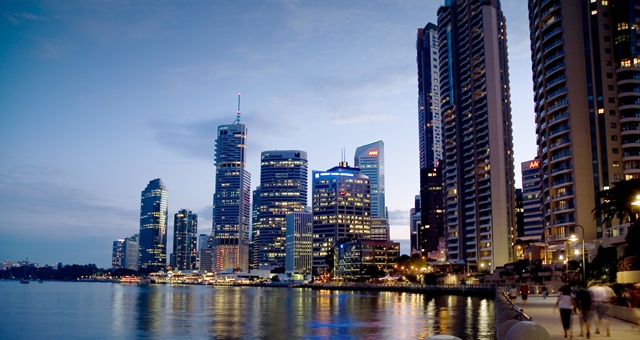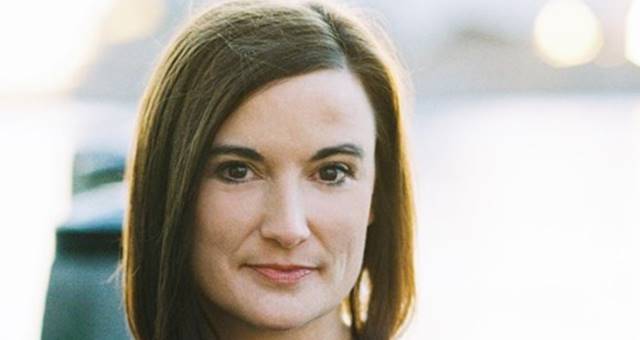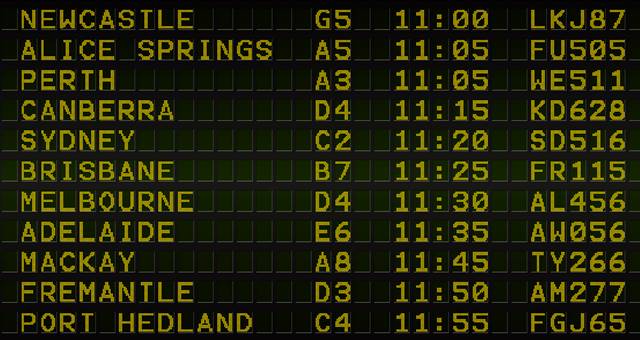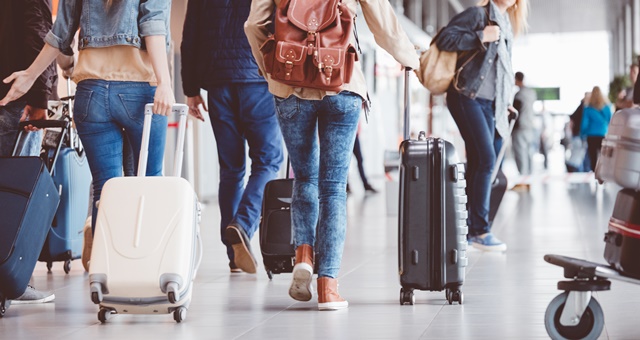Ongoing control of the pandemic in Australia could see domestic overnight trips grow to 113 million by the end of 2021 – only four million short of pre-COVID levels – according to a new industry report.
The 2021 Tourism and Hotel Market Outlook by Deloitte Access Economics paints a picture showing evidence indicating the recovery is well underway for the Australian tourism sector, with pent-up demand from 2020 travel restrictions, coupled with domestic holiday promotion by Tourism Australia and other state bodies, leading to strong results for the first quarter of the year.
The report’s findings are derived from market analysis by Deloitte Access Economics, drawing on the firm’s real estate experience and insights, along with hotel performance and pipeline data gathered from STR data resources.
Based on current trajectory, which factors in ongoing demand, government response, travel restrictions and consumer confidence, domestic overnight trips could reach 134 million by 2023, a 14% increase on 2019 levels, the report says.
Data revealed in the report showed a V-shaped economic growth forecast, factoring in the country’s 2020 pandemic-induced recession, followed by a near immediate rebound to a 4.3% growth rate by this year, before levelling out into pre-COVID normality in the two years to come.
“The recovery will also be affected by capacity challenges, including aviation capacity, tourism business viability in the short-to-medium term, and the loss of human capital, along with consumer confidence and travel sentiment,” said Deloitte Access Economics Partner and Deloitte National Tourism Leader, Adele Labine-Romain.

For hotels, the report factors in the ongoing introduction of new rooms into the landscape, with over 5,000 new keys nationwide added in the midst of the pandemic in 2020. Despite these headwinds, the report paints an optimistic picture, saying average occupancy could reach as high as 95% by the end of 2023, despite the projected slow rebound of corporate travel and ongoing addition of further new room stock in the national pipeline.
“We expect the pace of recovery to be different across the city markets,” Labine-Romain said.
“Brisbane and Perth are likely to see occupancy rates returning to 2019 levels by 2023, while the Gold Coast, Adelaide, Hobart, Tropical North Queensland and Western Sydney are expected to be slower to recover, largely due to their greater exposure to either business travel or international tourists, or both.
“The corporate travel segment will clearly be critical in terms of the recovery, and markets where corporate travellers represent a relatively larger share of demand will face significant challenges, particularly as so many businesses big and small have settled into people connecting via technology,” the report says.

“In the short to medium term therefore, hotels in the major cities will need to look at ways to encourage a greater volume of domestic holidaymakers to fill the gap from business travellers.”
The report paints an equally positive outlook for jobs as a whole across the Australian economy as the year progresses, with more than 270,000 positions expected to be filled by the end of 2021, followed by a further 140,000 next year. On top of that still, nine of every ten jobs lost at the height of the pandemic around a year ago have already been regained, according to Deloitte.
Employment prospects are not quite as rosy in the hospitality and tourism sectors specifically, with sectors closely exposed to tourism still showing a 7.8% drop in available jobs.
The forecast was less positive on international tourism, with uncertainties including the development of a vaccine passport, lifting of travel restrictions and underlying consumer sentiment needed to drive a recovery in international visitors.
“International travel is not expected to recover to near pre-COVID levels until sometime in 2023, with current projections of international arrivals 7% higher that year than 2019,” the report said, adding that similar pent-up demand will continue to drive strong demand on tourism products and services through to 2023.



